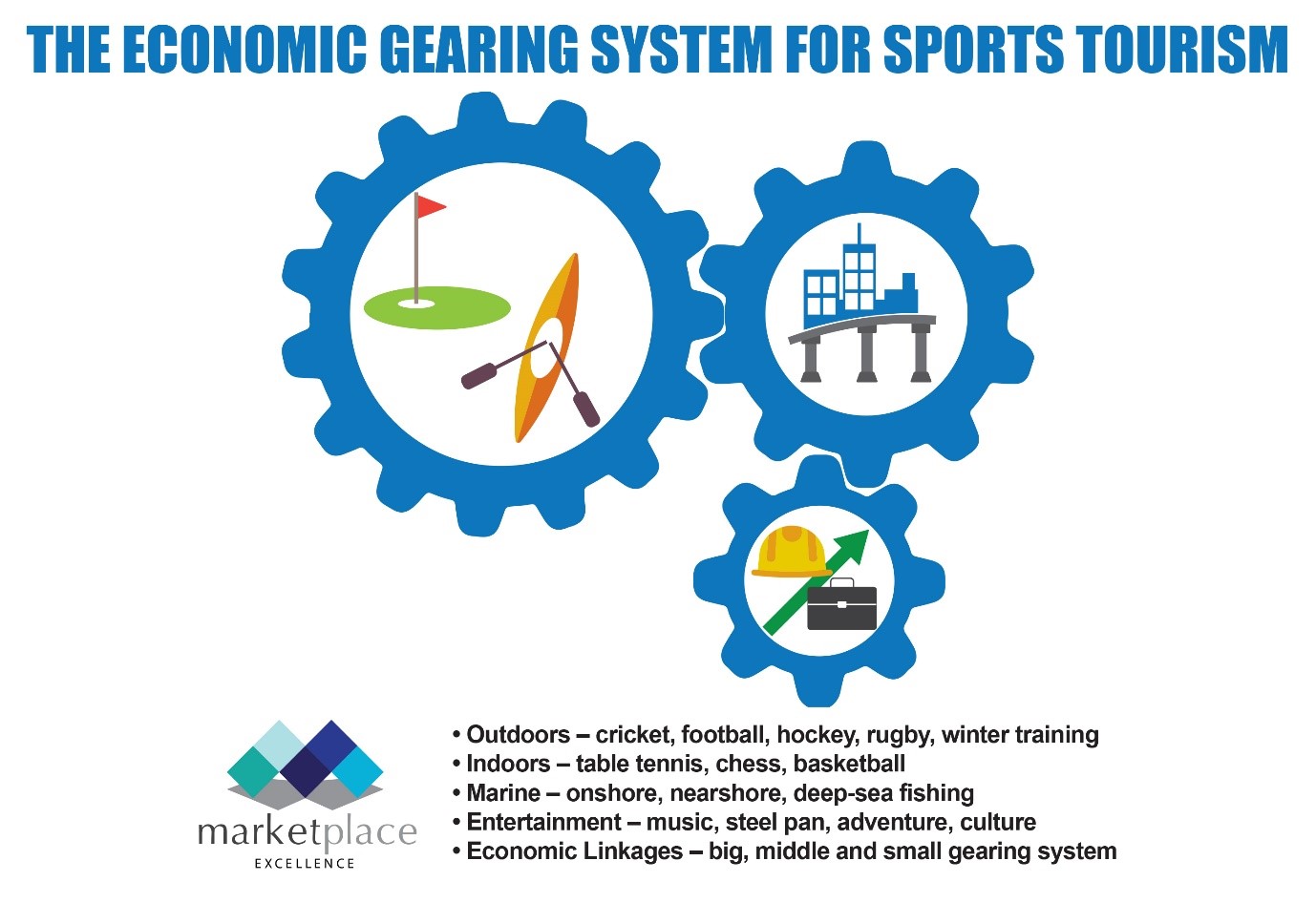“As iron sharpens iron, so one person sharpens another.” – Proverbs 27:17
The Caribbean is the most tourism dependent region of the world and the COVID-19 pandemic has dealt a devastating economic blow to the traditional travel patterns of the global industry.
“Tourism is Our Key” and sustainable tourism development is critical for a successful future.
The tourism industry is the total of all businesses that directly or indirectly provide goods or services to facilitate business, pleasure and leisure activities away from the home environment.
During the pandemic, I wrote a series of columns in support of this theme, which espoused that we must not only focus on the sun, sand and sea, but exploit other tourism linkage opportunities which are driven by the combination of the visitor needs and destination attributes.
These opportunities included agriculture, community-based, cultural services, eco, education & training, spiritual and faith-based, farm stay, flowers, health & wellness, marine, medical, sports, staycation and technology.
Although I peripherally mentioned sports tourism linkages in last year’s series, I now expand upon it.
The sports tourism sector attracts international visitors who travel for the purpose of participating in or watching a sport. Major sports tourism opportunities include (1) the annual Caribbean Premier League T20 cricket tournament which is held at several venues in the Caribbean; (2) other outdoor and indoor sports tournaments; (3) accommodating sports organizations in temperate countries desirous of undertaking their outdoor winter training in a warm weather destination; (4) exploiting the beautiful diverse marine sports environment to participate in yachting, water polo, surfing, fishing, swimming, kayaking, jet skiing, parasailing, windsurfing, catamaran cruises, diving, snorkeling and submarine activities (to view vibrant corals, tropical fish and sunken shipwreck); and (5) the natural linkage between the sports tourism and cultural industries sectors in the Caribbean.
An economic gearing system (EGS) is a generic structure which may facilitate the strengthening of a sports tourism industry in the Caribbean. The structure of an EGS is depicted by three connected gears of different sizes. The biggest gear drives the system (brings in sports tourists from far and wide by air and sea) – this is facilitated by a strong sports tourism communications strategy; the middle gear provides the hospitality infrastructure (hotels, restaurants and bars, entertainment, infrastructural revitalization); and the smallest gear generates employment (hospitality staff, food, beverage, attractions, weddings, heritage, performers, education and training, culture, film, transportation, technology, renewable energy, medicine, tours, concierges, handicraft, farming, sport, communities). The greater the sports tourism visitor arrivals, the faster the momentum of the biggest gear; the more phenomenal the momentum in the smallest gear, the faster the creation of jobs and the circular flow of money, and the greater the contribution to steady economic growth.
It is therefore mandatory to get the best advice from a globally experienced communications strategist skilled at solidifying partnerships and finding creative ways to promote, communicate and market our services to a variety of publics.
Innovative sports tourism enterprise development is an obvious way to jump-start the EGS by encouraging entrepreneurs and intrapreneurs (entrepreneurs within an established business) to set up enterprises with private and public sector partnership support.

(Dr. Basil Springer GCM is a Change-Engine Consultant. His email address is basilgf@marketplaceexcellence.com. His columns may be found at www.nothingbeatsbusiness.com).
